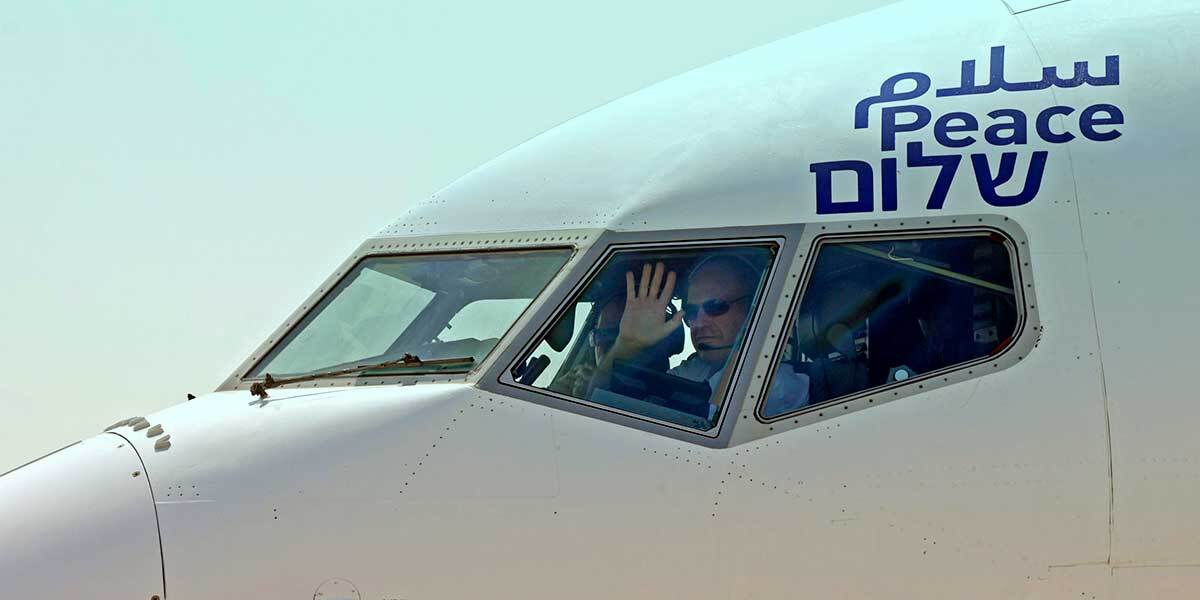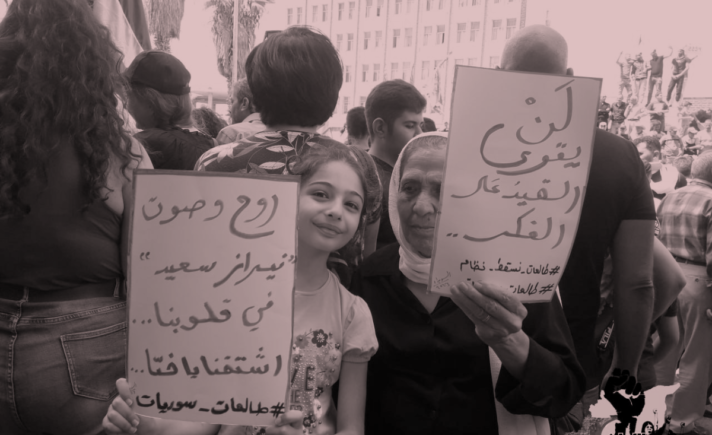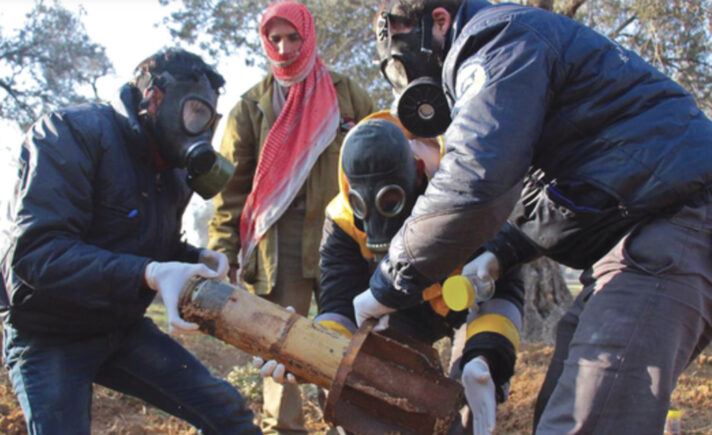On 13 September, the United Arab Emirates’ Minister of State for Foreign Affairs, Anwar Gargash, announced an agreement to normalize relations with Israel. Less than a month later, US President Donald Trump announced that Bahrain would be “the second Arab country to make peace with Israel in 30 days.” Taken at face value, these announcements suggest the UAE and Bahrain are no longer at “war” with Israel (as if they ever were to begin with). While the announcements extend to the establishment of full formal diplomatic relations, unofficial ties between these states had already long existed. The Bahraini king has previously been documented boasting about intelligence contacts with Israel, while, in 2015, Israel opened a diplomatic-level mission to the International Renewable Energy Agency in Abu Dhabi.
Analysts have generally attributed the Gulf monarchies’ decisions to publicize their relationships with Israel to their geopolitical rivalries with Iran and Turkey. Last year, Ian Black of the Guardian wrote that a shared hatred for Iran was “bringing Israel’s secret links with Gulf kingdoms out into the open.” Kamran Bokhari has argued that Abu Dhabi’s decision to normalize with Tel Aviv has more to do with countering Turkish influence on the Sunni and Arab world. While acknowledging the merit of both claims, Mark Levin, a professor at the Middle Eastern Centre of Lund University, has also suggested to the authors that the Gulf states are principally motivated by the need to retain access to Western military aid: “Especially if Trump loses the election, they don’t have reliable partners; and so if they are tied to Israel, this will ensure the regimes’ security and their access to more weapons.”
As for Trump, who served as the broker of these deals, he is most likely driven by a short-term, poorly-thought-out desire to appease the Israeli lobby in the run-up to next month’s presidential elections. Trump is not known as a student of history, nor is he surrounded by seasoned experts with the capacity to understand the intricate realities of over 70 years of Arab–Israeli conflict. Most significantly, the discourse surrounding these announcements has failed to contend with the sentiments of the majority of the peoples in the region, and what these outlooks herald for the future of “peace.”
A “peace” between states, not peoples
The recently announced “peace” deals are intended to completely circumvent the situation of the Palestinian people, whose demands for justice are not even mentioned. These demands include the establishment of an independent Palestinian state on the de facto borders of 1967; immediate cessation of illegal settlement; and a just solution for refugees.
To the peoples of the Middle East in general, the struggle of the Palestinians is not merely a question of a small and unjustly occupied land of terrorized people; it is, indeed, a fundamental part of how we understand our own sense of belonging and identity. The rhetoric of resistance against the occupation has been, and continues to be, hegemonic in Arab cinema and drama, for example, as a central and irreducible aspect of the collective identity. In 2005, one of Egypt’s most famous actors, Adel Emam, starred in a movie called The Embassy Is in the Building. It is a story of an Egyptian engineer who lives in the UAE for 25 years and then returns to Cairo to find that the Israeli embassy is located in the same building as his apartment. After a complex series of events circling around themes of anger, resistance, and blackmail, his witnessing the martyrdom of a Palestinian boy he had befriended ultimately consolidates his humanitarian commitments and his rejection of political normalization and accommodation.
Historically, the popular legitimacy of the region’s newly-emerging nation-states has been fundamentally based on their nominal support for the Palestinian struggle. Particularly in states that styled themselves as “revolutionary,” such as Assad’s Syria, Qaddafi’s Libya, and Saddam’s Iraq, identities based on standing with Palestine and its people have been drilled into the popular consciousness for decades. While the monarchs of countries such as Bahrain and UAE have increasingly turned toward neoliberalism, oil money, patronage, and sectarian identities as bases for maintaining hegemony, their open dismissal of the public’s feelings about the Palestinians will further sharpen the divide between the wealth and power of authoritarian rulers and the will of the people.
These popular sentiments and feelings about injustice in Palestine have been routinely ignored in the West for years; from the time the “peace” train first took off from Camp David in 1978, through the Wadi Araba Treaty of 1994, to the present day. The simple reality is that the imposition of such top-down “peace” accords, with no resolution of the occupation or the suffering it has caused, will only solidify authoritarianism and violent conflict. The current deals are no more than a continuation of the long-standing agreement between the US, Israel, and local dictators to protect their economic interests at the expense of the peoples’ aspirations towards a fair and pluralistic political life.
The recent history of the Middle East is a nearly-unbroken procession of incidents in which the US and other Western states have supported coups to overturn the results of democratic processes, and/or welcomed and supported dictators who have come to power illegitimately. In 1953, the US and UK orchestrated a coup in Iran to topple the democratically-elected Prime Minister Mohammad Mosaddegh and restore the monarchical rule of the Shah. More recently, in 2013, the West averted its eyes and gave the nod as Egypt’s Field Marshal Abd al-Fattah al-Sisi usurped power from the democratically-elected President Muhammad Mursi.
In addition to promoting elite economic interests, these actions and policies to empower dictators against the peoples’ will—while tossing away any semblance of humanitarian principles and justice—also serve to keep the region in a constant state of autocracy, social conflict, and failed governance. The tumult created by such conditions then serves as an excuse for further repression. Rather than seeking true peace, grounded in a fair and just society, local and international leaders have agreed to pursue a false “peace” based on militarization, securitization, and the brutal suppression of legitimate popular anger. This is a “peace” of states and elites, not a peace between peoples.
One reason so many in the region have reacted to the recent deals with such dismay is that they present us with a dilemma: will we give up our commitment to justice for the Palestinians; our desire for a more fair and democratic society; our distaste for colonial and imperial projects; and a large part of our very identity; in exchange for hypothetical reductions in violent conflict brought about through the modern authoritarian security state? Where shall we stand vis-à-vis this latest “peace” deal and its cynical calculus of “lesser evils”?
Is it not time for a definition of peace that is built up from below; grounded in justice, equality, and democracy; rather than one imposed from above? Had these deals been presented to the public for a referendum, would they have succeeded? Why were they not allowed to take a form that the public could enthusiastically support? Presumably, the signatories of this deal know full well that vast segments of the people will never be able to reconcile themselves to the concept of “peace” without justice. Predictably, social media in the region has been flooded in recent days with a resurgence of jihadist sentiment, often using the same tired refrain that “jihad” is the only solution to protect Muslims and Palestinians.
If the US were more serious about creating true and lasting peace in the region, rather than promoting ideological and economic domination, it might perhaps be possible to strike deals based on a popular desire for peace. The recent UAE, Bahrain, and Israel deals, however, will not create peace, but rather only more frustration and anger, perpetuating the cycle of destabilization, autocracy, and oppression.





